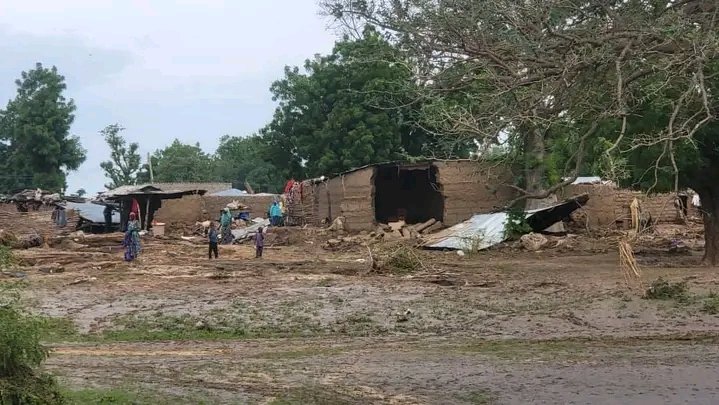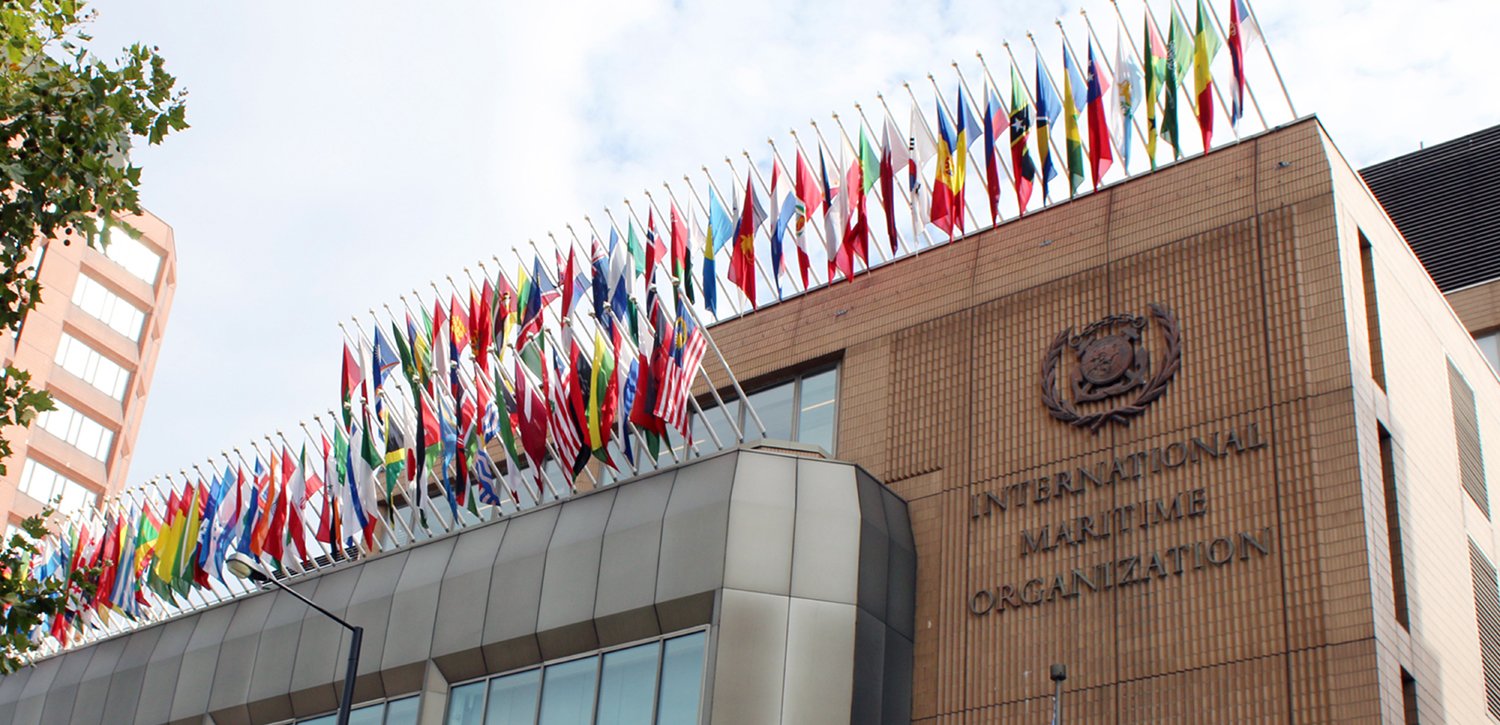The Universal Basic Education Commission (UBEC), in collaboration with key stakeholders, has commenced the process of developing a “smart” curriculum for Bilingual Education in Nigeria.
In a statement in Abuja on Monday, Head, Public Relations and Protocol, UBEC, Mr. David Apeh, disclosed that the Commission recently held a workshop for curriculum adaptation for the Bilingual Schools where experts had brainstorming sessions on coming up with the best curriculum for the unique schools.
He said the Deputy Executive Secretary (Technical) of UBEC, Professor Bala Zakari, who doubles as the Project Supervisor for the Bilingual Education Programme in Nigeria, called for a standardised approach in the development of the Bilingual Education curriculum.
He said Nigeria is very unique given the peculiarity of the nation’s population where the country has more than 7 million learners at the Early Childhood Care Development Education (ECCDE) alone and more than 47 million at the primary level.
Earlier, project coordinator, Islamic Development Bank, Mansir Idris, said the purpose of the workshop was to examine the existing national curriculum alongside the Tsangaya among others and to see how they could be adapted to fit in for the bilingual education programme.
Also, Dr Ibrahim Bakari, ICT Head of Unit, UBEC, noted that there were gaps in the national curriculum, especially in the areas of artificial intelligence, robotics and Coding, which he said could be incorporated in the new curriculum for bilingual education.
He advocated for a ‘’smart’’ bilingual education curriculum for effectiveness and efficiency in line with global best practices.
The Board of Executive Directors of Islamic Development Bank (IsDB), had in 2012 approved a multi-year financial facility programme of $98 million for the promotion of Bilingual Education in Nigeria.
The project was aimed at contributing to the improvement of the socio-economic condition of Nigeria, ensuring inclusive education and promoting bilingual education.
The benefiting states according to the Commission were Adamawa, Borno, Gombe, Kaduna, Kano, Kwara, Nasarawa, Niger and Osun.
UBEC said the major components of the project are to create access to basic education, improve quality and enhance the management capacity of school administrators.
The project involves construction of 30 bilingual education boarding schools in the benefiting States to boost enrolment and reduce out-of-school-children syndrome among other things.



